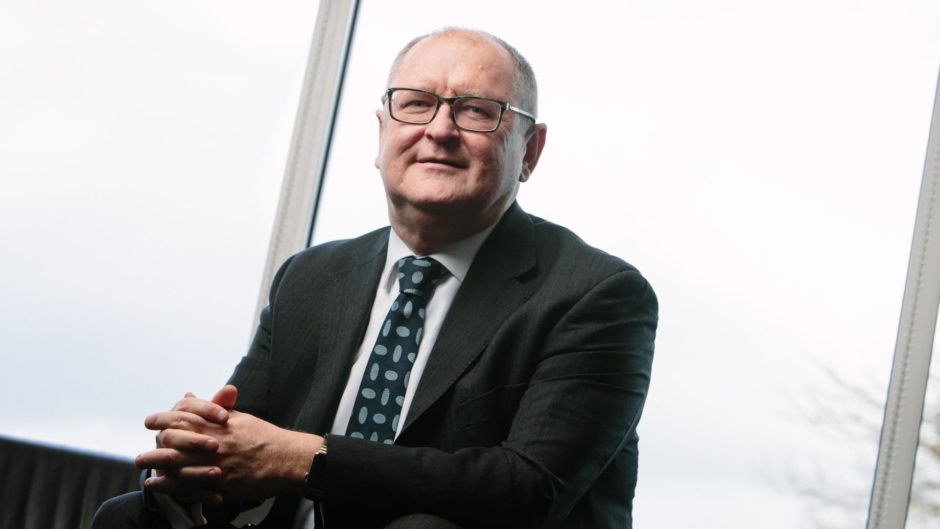
The chief executive of safety and skills body OPITO, John McDonald, is to step down later this year after more than a decade with the organisation.
Mr McDonald joined the non-profit group – which sets global standards and qualifications for energy sector workers – as a director and was later appointed CEO in 2017.
OPITO said he had helped the lead the organisation through a period of “significant change and transformation” across the energy industry.
During that time OPITO has become recognised in nearly 60 countries, and annual registrations for its training standards have more than doubled to 480,000.
Recent years have also seen it embrace a digital overhaul, particularly in the wake of the Covid-19 pandemic, to modernise operations and the function of its 230 approved training centres around the globe.
Mr McDonald, said it had been “a genuine privilege” to lead the “impactful and well-respected organisation” over the last decade.
“It has been my long-held ethos that building strong and progressive relationships with our partners and stakeholders is the secret to delivering enduring results. From governments and industry to the trade unions and the workforce, OPITO is a trusted and credible partner,” he added.
“But change is constant and now is the right time for me to make a change. Over the coming months, I remain committed to working closely with our leadership team and partners to deliver our priorities, including the Energy Skills Passport, to ensure a safe and skilled workforce, ready to thrive in a net zero future.”
OPITO said it had already begun a formal search process for a successor, a link to the role posting can be found here.
The appointment comes at a critical time for the sector. Last year OPITO led the publication of an ‘Integrated People and Skills Strategy’ as part of the North Sea Transition Deal.
Further strategic reports are set to be published covering skills demand, skills development, diversity and inclusion and skills and data intelligence.
The crucial ‘skills passport’ that would enable greater transferability of skills and certification between the oil and gas and wind sectors is set to be operational in Q4 of this year. It comes amid long-running criticism over a lack of alignment and transferability of roles between energy skills bodies.
In addition, the energy industry has said it intends to create an aligned training and standards framework across oil and gas, offshore wind, hydrogen and carbon capture, utilisation and storage (CCUS), making it easier to build cross-industry careers.
Recommended for you
